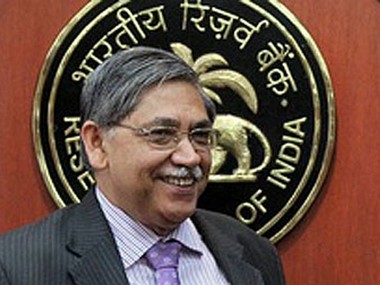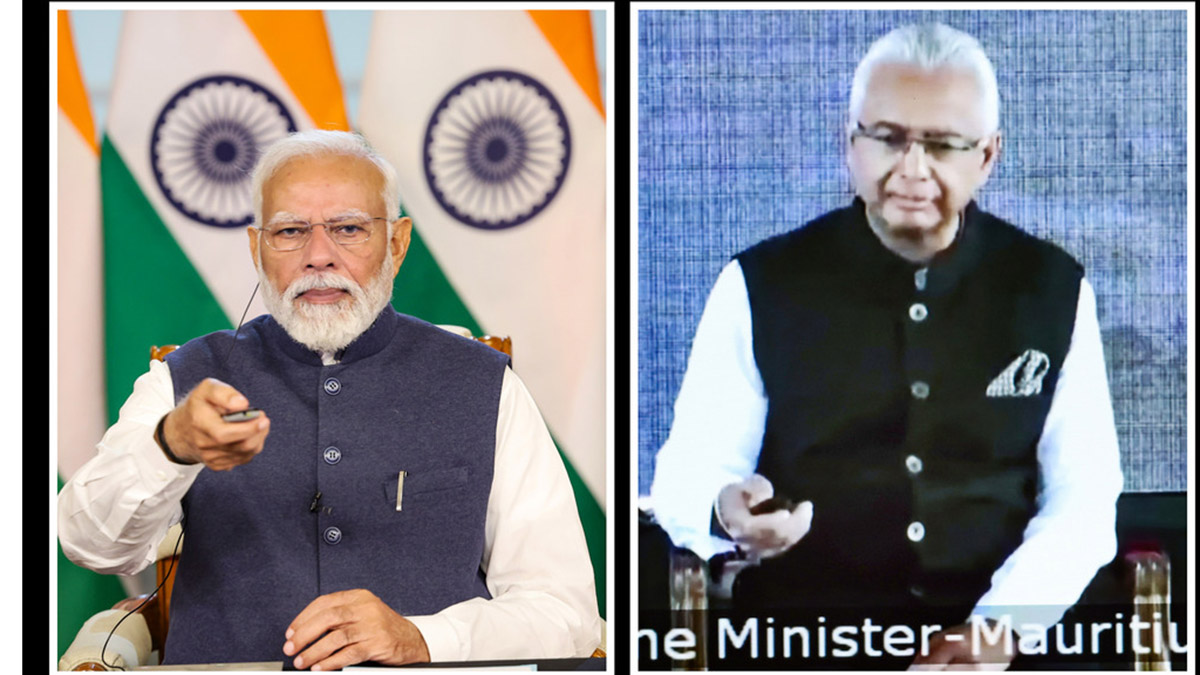It is highly critical that the Reserve Bank of India (RBI) has an independent view. Stating this, K C Chakrabarty, former deputy governor RBI termed any talk of autonomy for RBI as ‘useless’ unless there is a clear framework that defines which authority the central bank is accountable to.
“So long as the RBI is accountable to government, it cannot be autonomous. In such a scenario, the RBI will be autonomous only to the extent government wants it to be autonomous. That means, they will give them some target, some framework to operate within,” Chakrabarty said in an exclusive interview to Firstpost on Monday.
The veteran banker, who previously headed the Punjab National Bank, said talks of a cashless economy is an ‘unreal’ idea and felt that the change into a cashless economy and financial inclusion are contradictory things. “All the talk on cashless economy is an unreal thing. This is an agenda of the multinational fintech technology and communication companies. Financial inclusion and cashless economy are contradictory,” Chakrabarty reiterated.
The former central banker’s comments are significant at a time the Narendra Modi-government is aggressively pushing the idea of a cashless economy post 8 November demonetisation announcement and the central bank under governor Urjit Patel, facing severe criticism for undermining the institution’s hard-earned independence.
Edited excerpts:
There is a big debate on RBI’s autonomy yet again
The issue of autonomy cannot be discussed without discussing the issue of accountability. Autonomy without accountability is the most dangerous thing. So, ideally the RBI should be first made accountable within a firm framework (to an authority) before the issue of autonomy arises. Now, only in the monetary policy some accountability has come because of the MPC (monetary policy committee) and the agreement between the government and the Reserve Bank.
At present, who is the Reserve Bank accountable to? For all purposes, it (RBI) is accountable to the Ministry of Finance, Government of India. So long as the RBI is accountable to the government, it cannot be autonomous. In such a scenario, the RBI will be only autonomous to the extent government wants it to be autonomous. That means, they will give them some target, some framework to operate from. It is highly critical that the RBI should have an independent view in an economy to discharge its functions.
In your opinion, where should the accountability of the RBI rest?
In a Parliamentary democracy, Parliament is supreme. Accountability to the public is accountability to Parliament. The accountability of the government is to Parliament. The accountability of the bureaucracy is to the government. If you want any institution to be autonomous, to be free of government (control), it should be directly accountable to Parliament. For example, CAG (Comptroller and Auditor General of India). Thus, if you want RBI to be autonomous, it should be directly answerable to Parliament (alone). But, in a democracy, it is desirable if institutions are accountable to the elected government. In that case, if the government is accountable (for RBI’s functions), if something goes wrong, a minister has to explain on why that particular matter has gone wrong in the Reserve Bank. The Reserve Bank has to be subservient to the government. Now, how much autonomy is needed by the RBI is another question. But, all this talk of autonomy is useless without understanding the structure.
Can the government intervene in the RBI’s functions? If the RBI is accountable to the government, there should be a framework for autonomy defining what should the central bank deliver. In that case, the government can interfere any time if they so desire. If the RBI should be accountable to Parliament, then Parliament should lay out a framework. Currently, the RBI is actually accountable to government, but there is no framework for accountability, hence the government is intervening in everything. Anywhere in the world, if central banks are free of government, they should be accountable to Parliament.
Had you been in the RBI now, would you have said ‘yes’ to demonetisation?
I have already said earlier that as an institution the Reserve Bank has always been opposed to demonetisation because it is not going to deliver the results. Even if RBI opposed demonetisation, the government would have gone ahead with it. The originally stated targets of note ban are fighting black money, fake currency and corruption. None of these is going to be solved out of the demonetisation exercise. Tell me how? Anytime you do this, it will hurt the common man only. Now, some of the activities like terror funding, etc would have come down because there is no cash available in the system. But, with this, the overall economic activities also have come down. Money, which was utilized earlier, is not available now. Once the cash comes back, all of this will start again. The point is for one or two targets, you don’t burn the entire forest.
Some former RBI officials, including Usha Thorat, have criticized the RBI for being non-transparent about the rollout of demonetisation?
What transparency they want from the Reserve Bank? On demonetisation, whatever details RBI has, they are being transparent to that extent. Now, if I don’t have information, how do I give? First thing, all information now (currently coming out) is incorrect. Whatever numbers are being given out on new currency or what is being written about in papers do not tally. Unless you have a very robust information system, nobody will know whether the information is correct or incorrect. But, on the issue of transparency, the RBI is as transparent as it was earlier (even during the times of Y V Reddy or Usha Thorat).
RBI says it is still counting old notes that have been deposited
If they (RBI) are counting, they are counting. That’s it. If they are saying, we don’t have the right kind of information and we are collecting the information by counting the notes, one cannot blame them.
How long do you think the cash curbs will continue?
Till the time the currency situation improves, curbs will continue. I cannot tell you how quickly RBI will be able to reissue the (scrapped) currency.
RBI has been assuring time and again that there is enough currency in the system
Look around. If there is enough cash, then why is there restriction (on cash withdrawals even now?) One can say the situation is back to normal when there are no more restrictions to withdraw currency from the bank.
What is the impact of demonetisation on the economy? Ours is primarily a consumption-driven economy. So, if people don’t have enough cash to buy goods, there will be an impact. That’s why it (demonetisation) has effected more. As and when you put out the cash (into the system), they will start buying. The consumption will then come back. But, how much will be its impact will depend on how soon the government and RBI will manage to normalize the situation.
The government is pushing for a cashless economy. Your take?
That is impossible. All the talk of a cashless economy is away from ground, an unreal thing. This is all agenda of the multinational fintech technology and communication companies. Financial inclusion and cashless economy are contradictory. I’m going to talk about this more in the coming days.


)




)
)
)
)
)
)
)
)